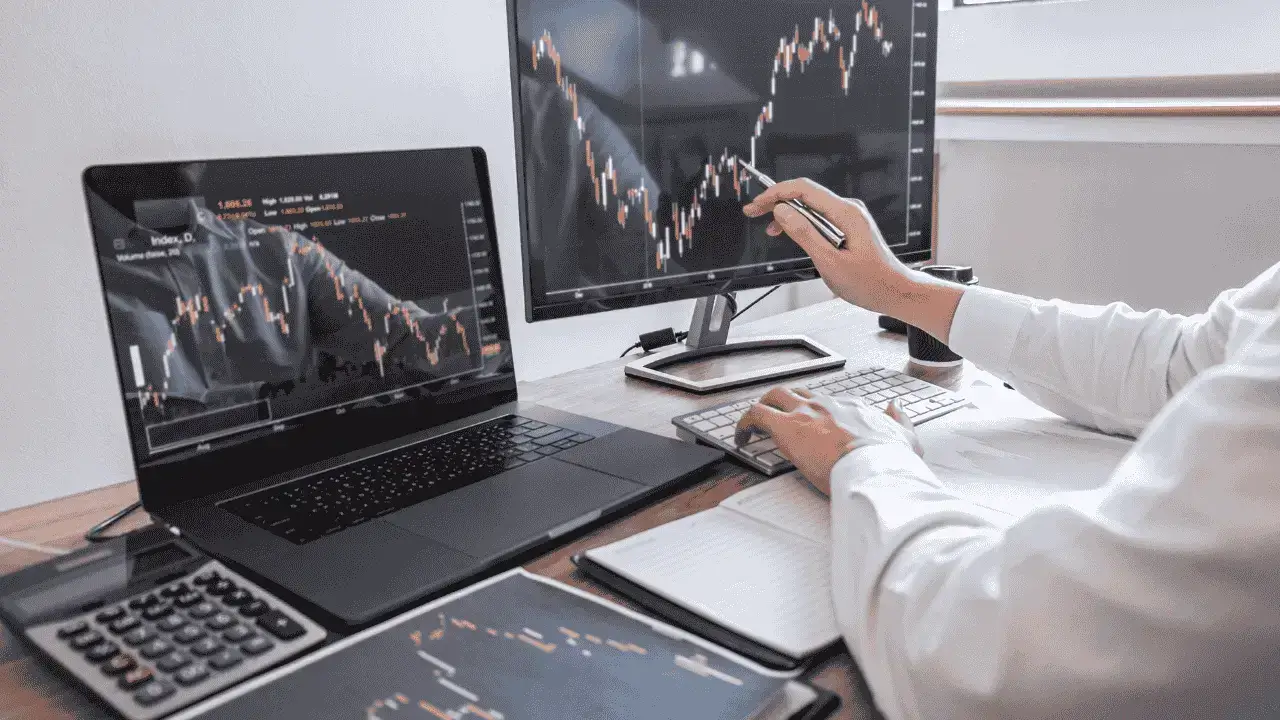The Psychology of Trading: Controlling Emotions in Forex

In Forex trading, success isn’t just about charts, indicators, or strategies—it’s about emotional control. Many traders fail not because they lack knowledge, but because their emotions dictate their decisions. Fear, greed, and frustration can lead to impulsive trades and poor judgment. Mastering your mindset is just as important as mastering the market.
At Gaze FX, we believe the right mindset separates consistent traders from emotional ones. Let’s explore how psychology shapes trading and how you can stay calm, confident, and disciplined in the ever-changing Forex world.
Understanding the Role of Psychology in Forex Trading
The Forex market is fast-moving and unpredictable. Prices can shift dramatically within seconds, testing your emotional balance. Every trade you make triggers feelings—hope, excitement, fear, or disappointment—and how you handle those emotions determines your long-term results.
Key Emotional Challenges Traders Face
- Fear of Loss: Makes you hesitant to enter trades or exit too early.
- Greed: Drives traders to over-leverage or stay in winning trades too long.
- Overconfidence: After a few wins, you might ignore risk management.
- Revenge Trading: Trying to recover losses quickly often leads to even bigger mistakes.
Recognizing these emotions is the first step toward mastering them.
Common Psychological Mistakes in Forex
- Overtrading: Trading too frequently due to excitement or the need for quick profit.
- Ignoring Stop-Losses: Refusing to accept small losses, which leads to larger ones.
- Following the Crowd: Making decisions based on social media or emotional hype.
- Lack of Patience: Closing trades too early before they reach the target.
Successful traders know that discipline beats excitement every time.
How to Control Emotions While Trading
1. Create and Follow a Trading Plan
A written trading plan removes emotions from decision-making. Define:
- Entry and exit rules
- Risk/reward ratios
- Maximum daily losses
Stick to your plan, no matter how the market tempts you.
2. Use Proper Risk Management
Never risk more than 1–2% of your capital on a single trade. Smaller risks reduce emotional pressure and help you think clearly.
3. Keep a Trading Journal
Document every trade—why you entered, how you felt, and what the outcome was. Over time, this reveals emotional patterns that affect performance.
4. Take Breaks After Losses
If you experience a losing streak, pause trading. Step away, clear your mind, and return only when you’ve regained emotional balance.
5. Practice Mindfulness
Mindfulness and meditation techniques can help you remain calm under pressure. Even a few minutes of deep breathing before trading can improve focus and reduce anxiety.
Building a Trader’s Mindset
Think like a professional trader:
- Accept that losses are part of the game.
- Focus on process, not profit.
- Celebrate discipline, not luck.
- Understand that consistent results come from calm, calculated decisions.
Remember, trading is a marathon, not a sprint. The market rewards patience and punishes emotion-driven actions.
Final Thoughts
Mastering the psychology of trading is the foundation of long-term success in Forex. Strategies, tools, and analysis matter—but without emotional discipline, they fall apart under pressure.
Stay calm, trade your plan, and remember: your greatest edge isn’t your strategy—it’s your mindset.
At Gaze FX, we help traders build both knowledge and confidence, empowering them to trade smarter, safer, and with greater self-control.



